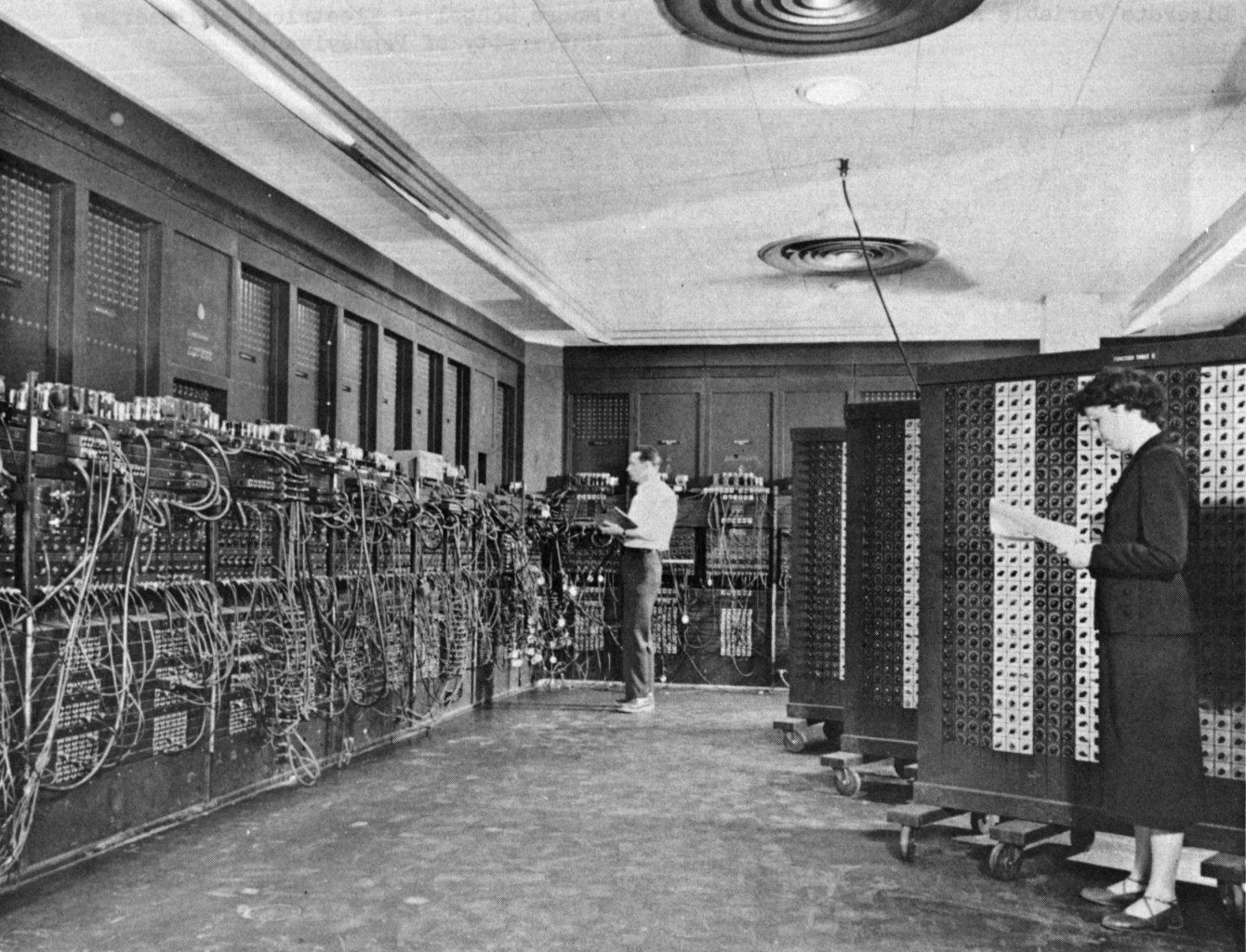Through a series of public lectures, “Political Technotope” is presenting the latest directions of critical and artistic reflection on the dominant technologies of today. The public perception of technological change over the past decades has been primarily marked by digital and network technologies – technologies to which we are directly referred in communication and organization of everyday life and which we directly face in the form of new information interfaces and consumer devices. However, the accelerated integration of the world economic system, the relocation of industrial production to low-cost zones, the exponential growth of material goods production, the increasing use of non-renewable energy sources and natural resources, the control of global food production, or the maintenance of a global war on terror would not be possible without radical changes in technological systems, which in everyday life often remain invisible, although they are intensively material and infrastructural. Without revolutionary shifts in logistics systems, industrial food production, the exploitation of unconventional fuels, or the technologies of asymmetric warfare, globalization and neoliberalization would not be possible.
Technological systems cannot be seen in isolation from social processes, primarily economic relations that largely dictate the direction of technological development, nor in isolation from each other. Technologies that enable the integration and division of labor in the global economic system are primarily logistics and transport, energy and natural resource management, and information technology. These three technological systems are interdependent and support each other’s development.
“Political Technotope” combines perspectives on these three key technological systems of today with the problems of ecological crisis and permanent warfare that characterize the global geoeconomic space.
The “Political Technotope” program aims in part to cover the deficit of critical reflection on these truly transformative technological systems of today and their social consequences.
Lectures:
– Jason W. Moore: The Anthropocene, the Capitalocene and the Crisis of the 21st Century
– Marina Vishmidt and Anthony Iles: Making Doing Nothing and Cleaning it All Up – The Artist as Housewife from Elizabeth Gurley Flynn to Chantal Akerman
– James Bridle’s lecture “Cloud Thinking” and screening of Werner Herzog’s film “Who Would Say – Fantasies of a Networked World”
– Jasper Bernes (20-04-17)
